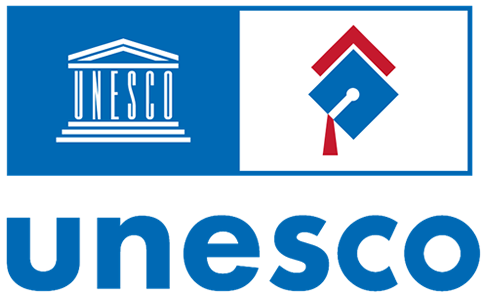Misconceptions about (the end of) internationalization, challenges and opportunities for the future
Résumé
Internationalisation is a key driver in modern higher education. From a rather marginal and fragmented issue in most countries and institutions of higher education until the end of the 1980s, it has evolved over the past 30 years into a mainstream and central component of policies and practices in higher education, at the international, regional, national and institutional level. One of the main challenges for the future is the new political climate in Europe, United States of America but also elsewhere, a nationalist reaction to the increased globalisation of our economies and societies, with potential negative implications for its internationalisation. This contribution deals with those challenges and in particular the misconceptions in internationalisation of higher education that to a large extent have contributed to this inward-looking trend around the world. How to overcome the misconceptions and challenges to internationalisation and create a sustainable and comprehensive internationalisation for all students and faculty is the agenda for the future.
Avis de droit d'auteur
Le droit d'auteur permet de protéger le matériel original et d'empêcher l'utilisation du travail d'autrui sans autorisation. L'UNESCO IESALC adhère aux licences Creative Commons pour la publication en libre accès de l'ESS. Plus précisément, les textes publiés dans ce journal sont soumis à une licence Creative Commons Attribution-NonCommercial 4.0 International (CC BY-NC 4.0) : ESS est une revue en libre accès, ce qui signifie que tout le contenu est mis gratuitement à la disposition de l'utilisateur ou de son institution. Les utilisateurs peuvent lire, télécharger, copier, distribuer, imprimer, rechercher ou créer un lien vers le texte intégral des articles, ou les utiliser à toute autre fin légale, sans demander l'autorisation préalable de l'éditeur ou de l'auteur, en veillant toujours à citer l'auteur. L'utilisation commerciale n'est pas autorisée. L'ESS demande aux auteurs d'accepter l'avis de droit d'auteur dans le cadre du processus de soumission. Les auteurs conservent tous les droits.
La licence complète peut être consultée à l'adresse https://creativecommons.org/licenses/by-nc/4.0/
 Attribution - NonCommercial (CC BY-NC 4.0)
Attribution - NonCommercial (CC BY-NC 4.0)
Cette revue ne fait pas payer les auteurs pour la soumission ou le traitement des articles. Les auteurs des contributions recevront un accusé de réception indiquant que leur travail est parvenu à l'équipe de rédaction de la revue.




.png)
